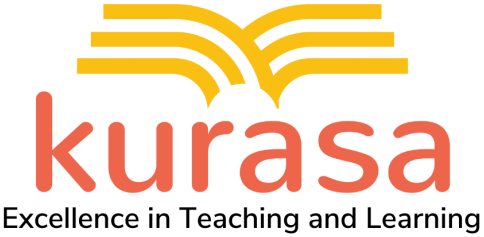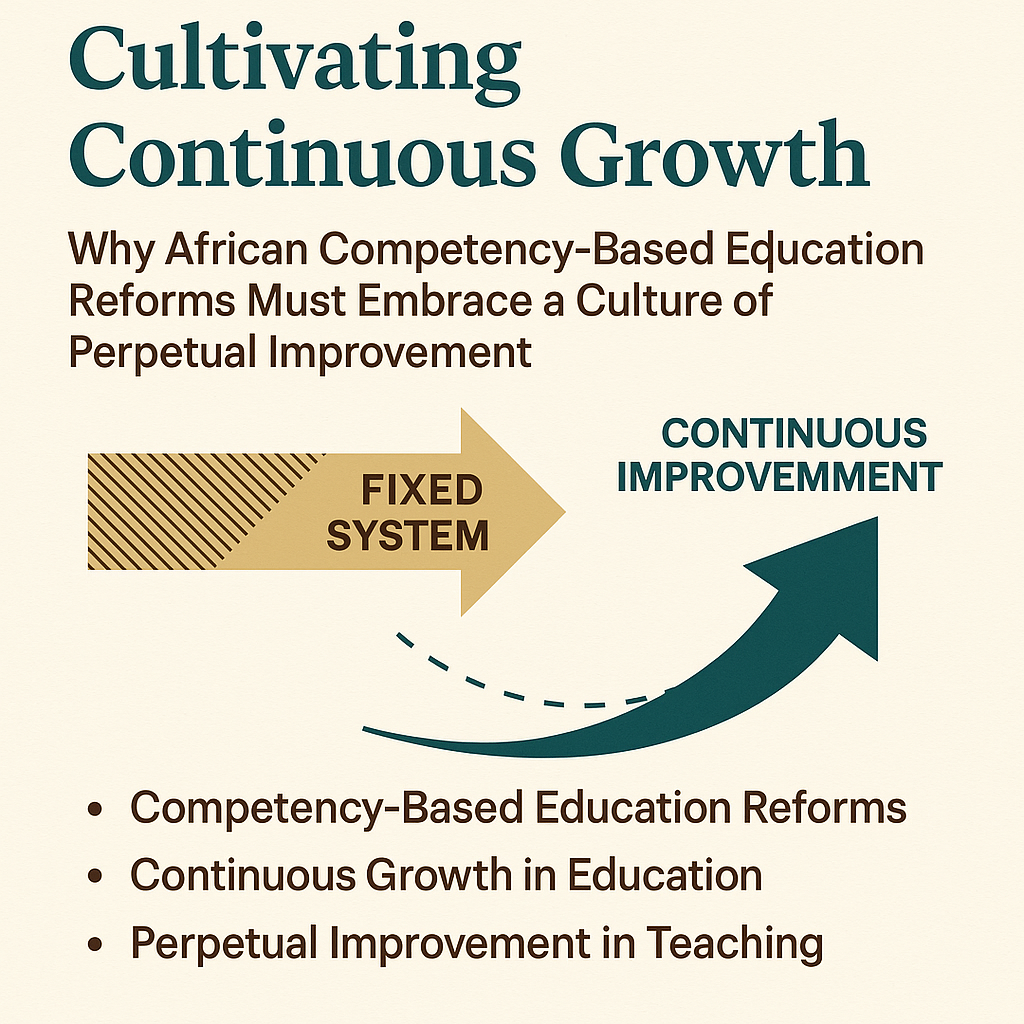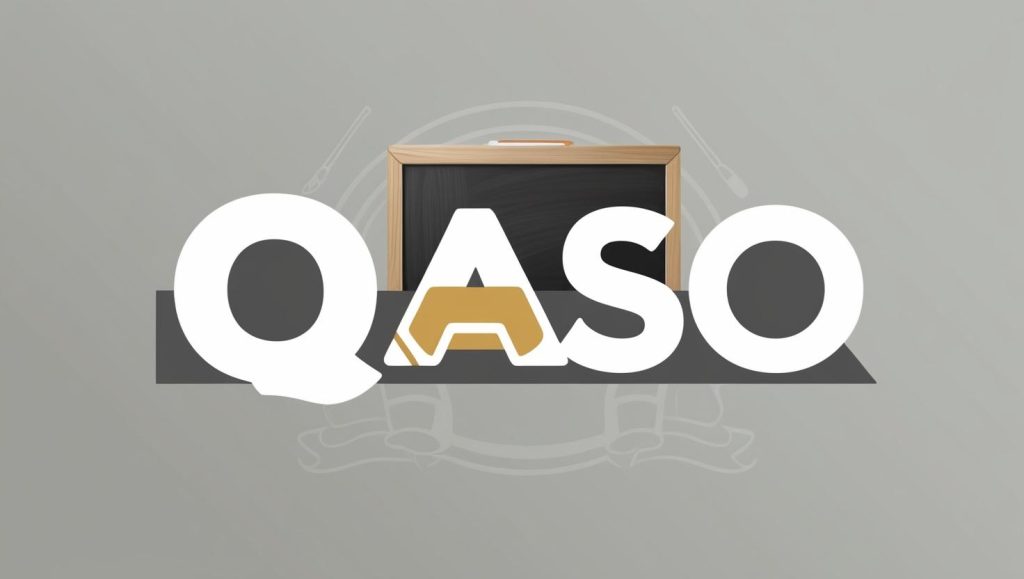
Introduction:
Assessment methods play a crucial role in evaluating student learning and driving educational outcomes. In Kenya, the evolution of education curricula has brought about significant changes in assessment practices. This article aims to conduct a comparative study of assessment methods across three prominent Kenyan education curricula: the 7-6-3 system, the 8-4-4 system, and the Competency-Based Curriculum (CBC). By exploring the differences and similarities in assessment practices, we can gain insights into how each curriculum measures student performance and supports learning outcomes.
- The 7-6-3 System: The 7-6-3 system, which was prevalent until the introduction of the 8-4-4 system in 1985, followed a seven-year primary education, followed by six years of secondary education, and three years of university education. Assessment methods in this system were predominantly traditional, focusing on end-of-term examinations that assessed memorization and regurgitation of content. These assessments heavily relied on written examinations, with little emphasis on practical or real-world application of knowledge. Grading was often based on a percentage scale, with high stakes attached to final exams determining progression to the next level of education.
- The 8-4-4 System: The 8-4-4 system, introduced in 1985, aimed to address the perceived shortcomings of the 7-6-3 system by emphasizing practical skills and vocational training. Assessment methods in the 8-4-4 system included both continuous assessment and end-of-term examinations. Continuous assessment involved teacher-led evaluations, classwork, assignments, and projects, providing a more holistic view of student progress. End-of-term examinations remained significant but were supplemented by practical assessments in subjects like Agriculture, Home Science, and Technical subjects. Grading in the 8-4-4 system typically followed a letter grading system, with a focus on both cognitive and practical skills.
- The Competency-Based Curriculum (CBC): The Competency-Based Curriculum (CBC), introduced in 2017, represents a paradigm shift in Kenyan education towards a more learner-centered approach. Assessment methods in the CBC are designed to assess not only what students know but also what they can do with their knowledge and skills. Unlike the previous systems, the CBC emphasizes continuous assessment throughout the learning process. Formative assessments, such as observations, quizzes, group projects, and portfolios, are integrated into daily classroom activities to provide ongoing feedback and support personalized learning. Summative assessments, conducted at the end of each learning cycle, evaluate students’ mastery of competencies across multiple domains. Grading in the CBC focuses on proficiency levels rather than numerical scores, emphasizing the development of competencies over time.
Comparative Analysis:
- Assessment Focus: The 7-6-3 and 8-4-4 systems primarily focused on content mastery through written examinations, while the CBC emphasizes the application of knowledge and skills in real-world contexts.
- Timing and Frequency: The 7-6-3 and 8-4-4 systems relied heavily on end-of-term examinations, whereas the CBC incorporates continuous assessment throughout the learning process.
- Feedback and Support: The CBC provides ongoing feedback to students through formative assessments, allowing for timely interventions and personalized support, unlike the previous systems.
- Grading Approach: While the 7-6-3 and 8-4-4 systems used numerical or letter grades, the CBC employs proficiency levels to assess students’ mastery of competencies, reflecting a shift towards competency-based learning.
Conclusion:
The evolution of assessment methods across Kenyan education curricula reflects a progression towards more holistic and learner-centered approaches. While the 7-6-3 and 8-4-4 systems focused primarily on content mastery and end-of-term examinations, the CBC emphasizes continuous assessment, real-world application of knowledge, and competency development. By understanding the strengths and limitations of each curriculum’s assessment methods, educators can make informed decisions to support student learning and enhance educational outcomes in Kenya.


